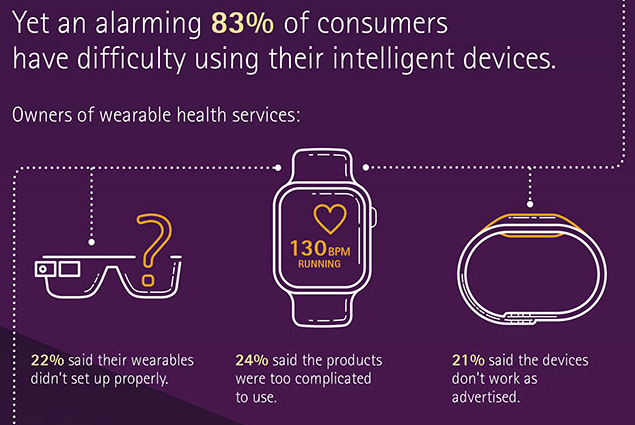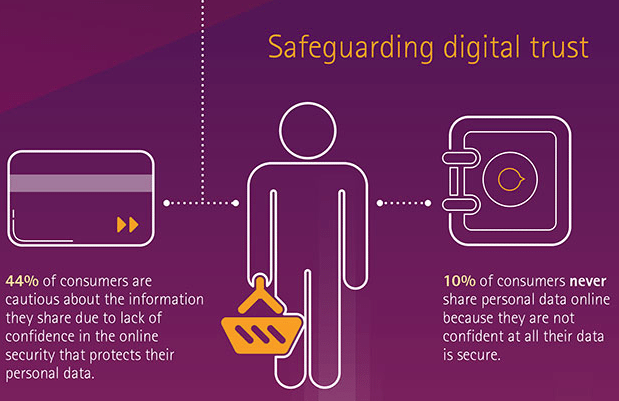Earlier this year Accenture released its “Digital Consumer Survey” taking a look at how consumer views are changing in this new connected world. Focusing on how the “Internet of Things” will impact these views, 24,000 consumers in 24 countries were surveyed in order to shed some light on current priorities and concerns.
So what were some of the key findings? In 2015 the purchase of mature devices – PCs, tablets, smart TVs, smartphones – will actually decline. Maybe we’re reaching a stage of market saturation or maybe the innovation in these areas is starting to stall, but in 2016 there was an increase in the intent to purchase smart devices. Different smart devices such as smart home, connected car and wearable functionality. Nine percent plan to spend on infotainment in their vehicle; 10% on smart home surveillance functionality; and 12% on a fitness-related wearable.
Yet the concerns are still quite large with the general consumer population as to the functionality and set-up of these devices. Thirty-three percent prioritized ease of use as a key criteria to purchase, while an incredible 83% said they still didn’t fully understand how to use these devices. 
With these statistics it’s not surprising the average length of interest in fitness wearables by consumers is only about 90 days. Something I’ve stated before many times is that for the consumer wearables market and even IoT in general there needs to be a solution that works for the average consumer. A service to set-up, secure, manage and monitor along with troubleshooting when needed by some service organization. Whether this is a mobile network operator, device vendor or some new organization that doesn’t exist yet; this is table stakes for IoT to flourish in the consumer market.
Brand is also important, as brands carry different perceptions of trust in the market. If a consumer is sharing personal data, they are only interested in doing this via brands they find trustworthy. Samsung and Apple topped the list of the most trusted brands. 
The full infographic of top statistics can be accessed via this link.
There were three key takeaways from the research focused on relevance, inspiration and confidence. Relevance is really the customer experience; not only that it is a good one, but that it is also relevant to their lifestyle and current needs. Inspiration also builds on these topics. Through the utilization of data analytics these experiences can continue to become more personalized over time and operate within the “context” of the user’s life. Finally, confidence is about digital trust. Trust that the user’s information will be safeguarded.
Read the entire report by downloading it from Accenture’s website.
Like what you read? Follow me on Twitter!
Claudia Bacco, Managing Director – EMEA for RCR Wireless News, has spent her entire career the telecom, IT and security. Having experience at an operator, software and hardware vendors and as a well-known industry analyst, she has many opinions on the market. She’ll be sharing those opinions along with ongoing trend analysis for RCR Wireless News.

